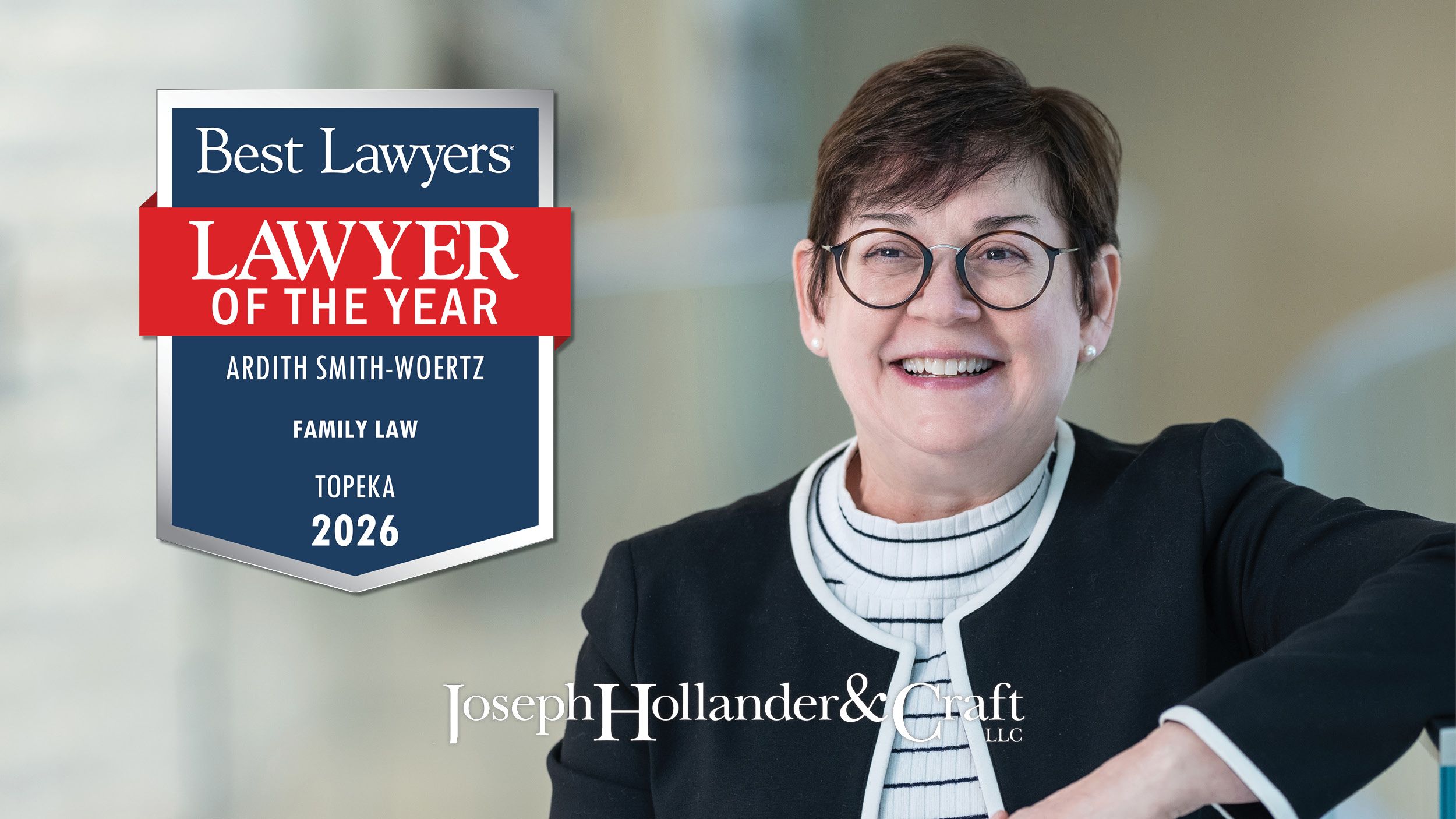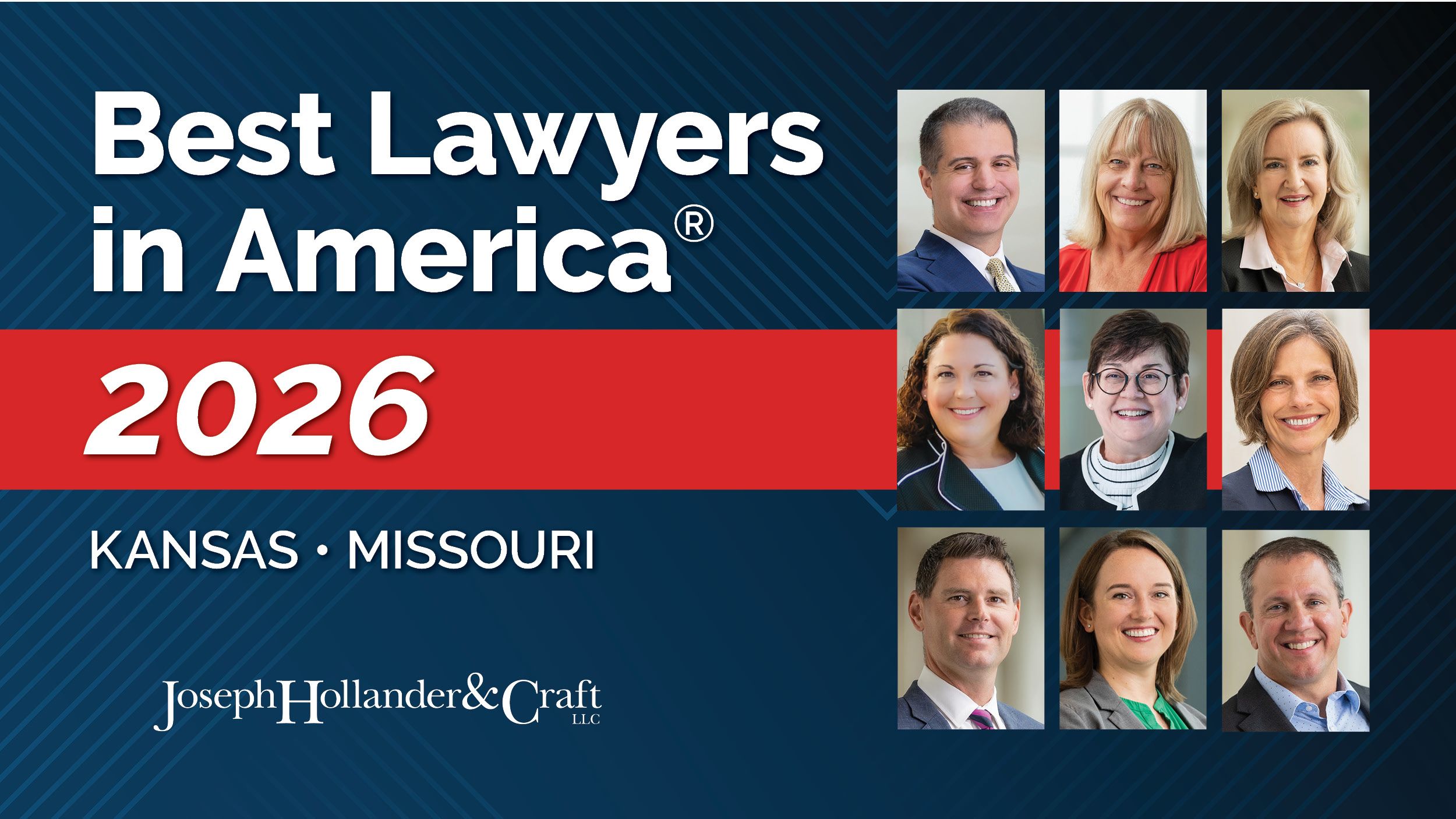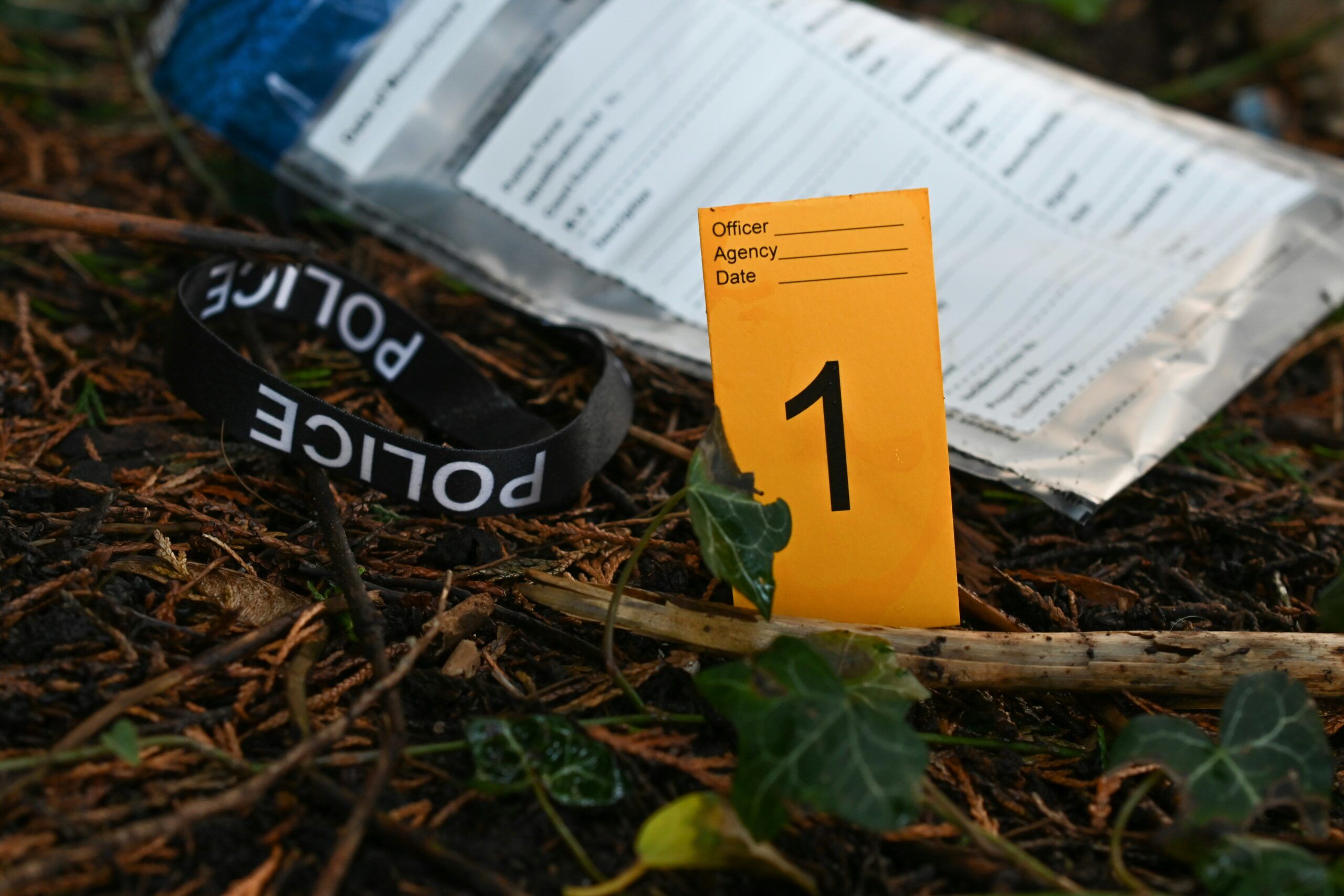EDITED BY:
Professor Michael H. Hoeflich, PhD, Editor-in-Chief
Carrie E. Parker, Legal Editor
Matthew T. Stephens, Design & Publishing Editor
PUBLISHED BY: Joseph, Hollander & Craft LLC
PUBLICATION DATE: August 31, 2024
READ & DOWNLOAD FULL-TEXT PDF OF LEMR Vol. 5, No. 8
FEATURE ARTICLE: Competence and the Lawyer’s Use of GenAI: ABA Formal Opinion 512
The introduction of AI and its perceived advantages to lawyers has revolutionized the law profession over the past two years. At the same time, many commentators have sounded notes of caution about the practical and ethical problems that may befall them. Now the American Bar Association has finally provided some guidance. Several weeks ago, the ABA issued Formal Opinion 512, which explores a number of important points for lawyers using or wishing to use AI—especially generative AI—in their practices. Although the opinion focuses on generative AI, the committee notes that many of the general ethical issues that arise with the use of generative AI are fundamentally the same as those that arise with its use for other purposes.
The opinion is arranged by ethical duties and how they affect a lawyer’s use of generative AI. Generative AI is technically a large language model (LLM) with access to an immense amount of data, much of which it skims from the web. The algorithms permit the AI to provide information to the user and even generate documents. A number of AI tech companies now tailor their programs for the legal profession and search specialized databases as well.
While the opinion provides guidance on the application of ethical rules, many bits of its advice come as no surprise. Nevertheless, it is worth looking at each rule and its application.
. . .
NEW AUTHORITY: ABA Formal Opinion 513
Once again, the American Bar Association Standing Committee on Ethics and Professional Responsibility has issued an extremely important Formal Opinion on the heels of another. We will publish a detailed discussion and analysis of new Formal Opinion 513 in the next issue. However, this opinion is so important that it makes sense for lawyers to read the opinion as soon as they can.
The opinion deals with the question of how far lawyers must go to investigate clients so as not to violate Rule 1.16 as revised by the ABA. It is also necessary for lawyers to determine whether these revisions have been adopted in their own jurisdictions. The opinion’s introduction is worth publishing here to emphasize the importance of the issue:
As recently revised, Model Rule 1.16(a) provides that: “A lawyer shall inquire into and assess the facts and circumstances of each representation to determine whether the lawyer may accept or continue the representation.” To reduce the risk of counseling or assisting a crime or fraud, some level of inquiry and assessment is required before undertaking each representation. Further inquiry and assessment is required when the lawyer becomes aware of a change in the facts and circumstances relating to the representation that raises questions about whether the client is using the lawyer’s services to commit or further a crime or fraud.
Look out for our analysis of Formal Ethics Opinion 513 in the next LEMR issue.
ETHICS & MALPRACTICE RESEARCH TIP: New Articles from the Current Index to Legal Periodicals
1. Crawford G. Schneider, Comment, Private Equity, Conflicts, and Chapter 11: The Three Types of Attorney Conflicts That Undermine Corporate Restructuring, 172 U. Pa. L. Rev. 1125 (2024).
Any lawyer engaged in complex corporate transactions needs to read this article.
2. Amy H. Soled, Do Client Narratives Belong in Attorney Ethics Hearings?, 20 Legal Comm. & Rhetoric 99 (2023).
Far too little about the critical issues involving attorney disciplinary hearing is available in print. This article helps to fill the gap.
A BLAST FROM THE PAST: An Inescapable Network of Mutuality
Injustice anywhere is a threat to justice everywhere. We are caught in an inescapable network of mutuality, tied in a single garment of destiny. Whatever affects one directly, affects all indirectly.
—Dr. Martin Luther King, Jr., Letter from Birmingham, Alabama Jail, April 16, 1963, available online.
READ & DOWNLOAD FULL-TEXT PDF OF LEMR Vol. 5, No. 8
About Joseph, Hollander & Craft LLC
Joseph, Hollander & Craft is a mid-size law firm representing criminal defense, civil defense, personal injury, and family law clients throughout Kansas and Missouri. From our offices in Kansas City, Lawrence, Overland Park, Topeka and Wichita, our team of 25 attorneys covers a lot of ground, both geographically and professionally.
We defend against life-changing criminal prosecutions. We protect children and property in divorce cases. We pursue relief for clients who have suffered catastrophic injuries or the death of a loved one due to the negligence of others. We fight allegations of professional misconduct against medical and legal practitioners, accountants, real estate agents, and others.
When your business, freedom, property, or career is at stake, you want the attorney standing beside you to be skilled, prepared, and relentless — Ready for Anything, come what may. At JHC, we pride ourselves on offering outstanding legal counsel and representation with the personal attention and professionalism our clients deserve. Learn more about our attorneys and their areas of practice, and locate a JHC office near you.











